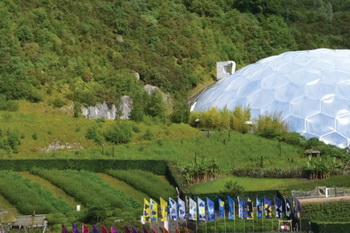Your Copper Pipes
November 8, 2011
Each of us is part metal. Our bodies contain iron, copper, zinc, magnesium, manganese, vanadium, molybdenum, selenium, and even nickel like the coins in our pockets or purses. Unlike the other common elements of life (carbon, oxygen, hydrogen, calcium, nitrogen, phosphorus), our metals are not synthesized and recycled, but must be imported and handled with care. Copper is a good example of a biological metal that performs multiple useful functions – that is, unless something goes wrong with the machinery handling it.






